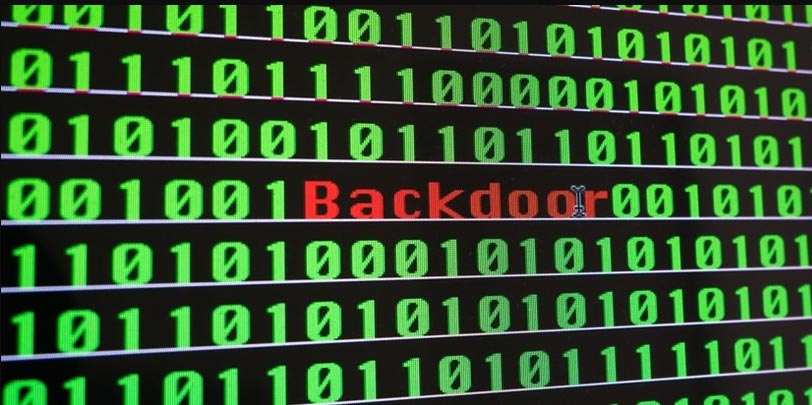
US Deputy Attorney General, Rod Rosenstein, has decided to use the recent mass shooting at a Texas church to reiterate calls for encryption backdoors to help law enforcers.
The incident took place at the First Baptist Church in Sutherland Springs, killing at least 26 people.
Deceased suspect Devin Kelley’s mobile phone is now in the hands of investigators, but they can’t access it — a similar situation to the one following the mass shooting in San Bernardino which resulted in a court room standoff between Apple and the FBI.
It’s now widely understood that there’s no way for an Apple, Facebook or other tech provider to engineer backdoors in encrypted systems that would allow only police to access content in cases such as these, without putting the security of millions of law-abiding customers at risk.
However, that hasn’t prevented Rosenstein becoming the latest senior US government official to call on technology companies to implement backdoors.
“As a matter of fact, no reasonable person questions our right to access the phone. But the company that built it claims that it purposely designed the operating system so that the company cannot open the phone even with an order from a federal judge,” he told a meeting of local business leaders in Maryland.
“Maybe we eventually will find a way to access the data. But it costs a great deal of time and money. In some cases, it surely costs lives. That is a very high price to pay.”
For its part, Apple has maintained that it works closely with law enforcement every day, even providing training so that police better understand the devices and know how to quickly request information.
However, it is standing firm on the matter of backdoors, aware that breaking its own encrypted systems for US police would likely lead to a stream of requests from other regions including China.
It’s also been suggested that cyber-criminals or nation state actors could eventually get their hands on any backdoors, which would be catastrophic for Apple and its users.
Top10VPN.com head of research, Simon Migliano, called for cool heads on the issue.
“The US Deputy Attorney General bemoans ‘warrant-proof encryption’ but fails to understand that there is no other type of encryption. As all privacy and security experts agree, to undermine encryption with ‘backdoors’ is to open a Pandora’s Box that puts at risk the entire online – and therefore real-world – economy.
“End-to-end encryption secures our banking, online shopping and sensitive business activities. Any kind of ‘backdoor’ would fatally undermine security in these areas. As we learned to our cost with the leak of CIA tools earlier this year, once an exploit exists, it’s only a matter of time until it leaks and cybercriminals have yet another tool at their disposal.”